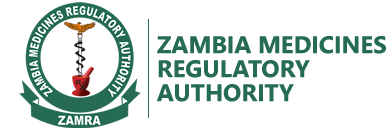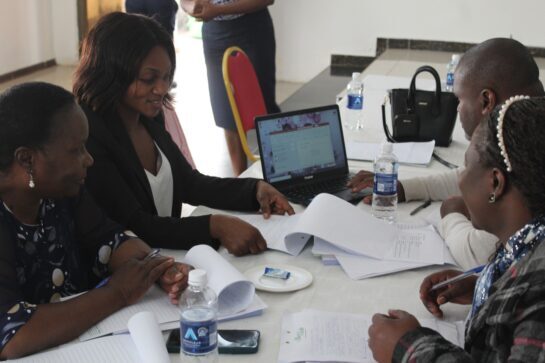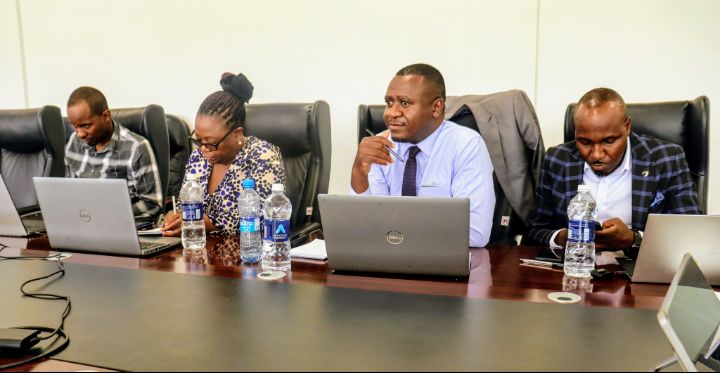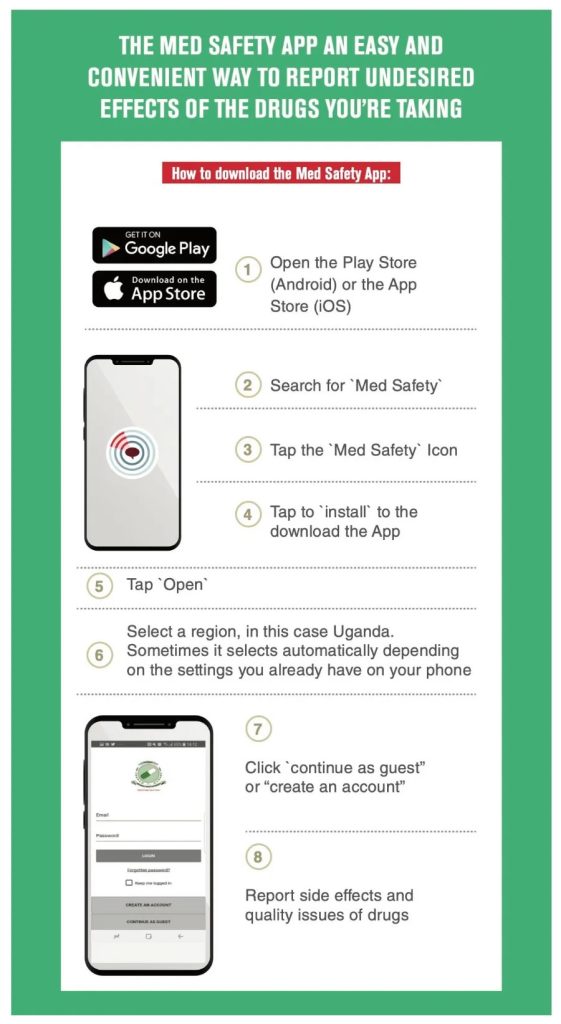Date: 30th August 2023
The ZAMRA’s National Pharmacovigilance Unit has trained 23 healthcare workers (pharmacy, medical and nursing personnel) from University Teaching Hospitals, Lusaka.
The training was aimed at equipping healthcare workers with the requisite knowledge and skills to detect, assess, monitor, manage and report side effects and other medicine safety concerns, including taking appropriate action to promote safety monitoring of medicines in Zambia.
Speaking on behalf of the Director General during the official opening of the training workshop, ZAMRA Acting Director-Medicines Control, Mr. Lyoko Nyambe said Medicines Safety Monitoring is an important component in healthcare delivery.
Mr. Lyoko said, “With increasing novel medical products in the supply chain, there is need for increased safety monitoring of such products to ensure patient safety.” He noted that there was increased misuse of medicines (including veterinary medicines) during the COVID-19 pandemic which necessitated heighted surveillance through the healthcare systems to ensure patient safety.
Mr. Lyoko was confident that the training will, therefore, provide the trainees with the adequate knowledge and skills to serve as mentors for their peers in the implementation of Medicines Safety Monitoring in their health facilities.
Speaking earlier, Head Clinical Care, Adult Hospital – UTH, Dr. Mwila Lupasha thanked the ZAMRA Management for undertaking such an important activity to build capacity to enhance Medicines Safety Monitoring amongst healthcare workers.
He urged healthcare workers to share medicines safety information with patients and encouraged them to be vigilant in monitoring and reporting side effects and other medicines related problems.
The four-day training which started on 28th August consisted of various modules designed to cover relevant topics in Medicines Safety Monitoring which included, amongst others; the Medicines Safety Monitoring system in Zambia, types and classification of Side Effect to medicines, devices and vaccines, medication errors and medicine quality problems, and causality assessment.






Your blog post was a valuable resource on the subject. I found the content to be informative and thoughtfully structured. I appreciated the clear explanations and the practical applications you discussed. To gain further insights, click here.